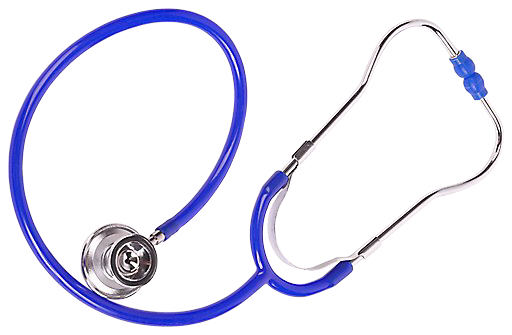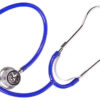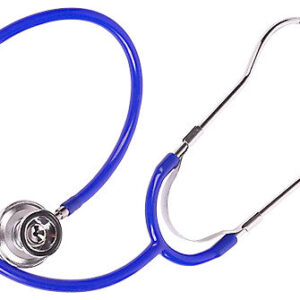Families ask . . . what would you do if this were your loved one? Learn how to reply without bias …
Creative ways to discuss withdrawing or withholding treatment
Manage patient pain and symptoms: Medical marijuana, morphine, palliative sedation or fewer medications?
Tips to guide code status conversations with patients and families
Resolve family dysfunction surrounding end of life decisions
Requests to “humanely euthanize”/hastening death: How to respond?
Hear powerful case studies that provide examples of expert, holistic care
Eleanor is an 83-year-old widowed lady with known chronic heart failure and advanced dementia. She is now hospitalized with a significant stroke and dysphagia. She does not have a healthcare directive and had never discussed what she would want, other than staying at home until she dies. She is full code. Her family still wants resuscitation attempted. Her children admit they are concerned about what is best for their mother.
What are options for Eleanor and her family? Would she benefit from artificial hydration and nutrition? How is she going to receive medications? Can some of her medications be discontinued? Who is going to be her caregiver?
In this compelling recording, multiple case studies like Eleanor’s will provide you with examples that you can incorporate when care is more important than cure. To deliver expert, holistic care, healthcare professionals need to have a toolbox full of new interventions to promote quality care at the end of life.
Have you ever been asked, “what would you do if this was your family member?” Learn conversation options to use while staying neutral.
Did you know that a patient might enroll on hospice care and be a full code? We will discuss how this is done.
What can we do for patients seeking euthanasia who see this as the best solution? These situations are becoming more frequent. Anticipate how you will respond.
Strategies regarding comfort, communication, choices and control have unique issues and challenges for patients, families and health professionals. We have an obligation to know how to help provide emotional, spiritual, existential, and physical comfort for those who have life-limiting conditions and to support them through difficult decisions. It’s time to think outside the box.


